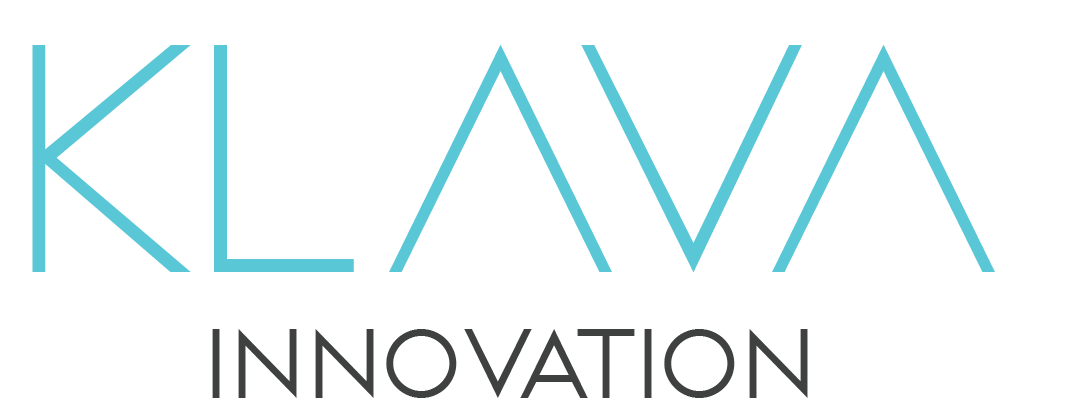Malgré un engagement politique de lutte anti-tabac, 16 millions de personnes fument en France avec des coûts humains et sociétaux considérables. Des aides existent, pourtant le sevrage tabagique met en difficultés patients et médecins.
La prise en charge chez les fumeurs amène certaines problématiques comme la crainte de l’échec, le manque de connaissance des aides disponibles ou le ressenti antérieur de symptômes liés au sevrage, sont d’autant de freins au sevrage.
Une prise en charge empathique sans jugement, centrée sur le patient, permettrait d’aboutir à une prise en charge optimale dans le sevrage tabagique. Des groupes d’entraide ont commencé à se développer sur les réseaux sociaux, offrant un espace d’information, de soutien, d’écoute et d’empathie pour compléter la prise en charge traditionnelle. Ces groupes d’entraide et l’expérience des patients sont désormais reconnus comme utiles et complémentaires au savoir des médecins.
Qu’est-ce que la pair-aidance ?
On définit un « un pair-aidant » comme étant une personne ayant vécu une expérience personnelle de dépendance et qui s’est rétablie.
Grâce à son vécu et à sa connaissance approfondie de l’addiction, elle est en mesure d’apporter un soutien, des conseils et une compréhension empathique à d’autres personnes qui souffrent de l’addiction.
Un pair-aidant peut aider une autre personne souffrant de troubles de la dépendance de différentes manières. Il peut partager son propre parcours de rétablissement, ce qui peut inspirer et motiver la personne en difficulté.
En partageant son expérience, le pair-aidant peut également fournir des conseils pratiques sur les stratégies de gestion des symptômes de sevrage, les techniques d’adaptation et les ressources disponibles.
De plus, il peut offrir un soutien émotionnel et une écoute empathique, sachant ce que l’autre personne traverse.
La pair-aidance, peut être bénéfique quel que soit le type d’addiction. Les principes de partage d’expérience, d’écoute empathique et de soutien mutuel peuvent s’appliquer à diverses formes de dépendance, qu’il s’agisse de substances ou de comportements compulsifs.
Cependant, il est important de savoir que chaque personne et chaque addiction sont uniques, et les approches de pair-aidance peuvent varier en fonction des besoins spécifiques de chaque individu.
L’intégration de la pair-aidance dans le processus de prise en charge des fumeurs serait essentiel pour mieux lutter contre le tabagisme.
Du fumeur au patient-expert
Afin de légitimer leur expérience et de renforcer leur contribution, le Professeur Michel Reynaud, ancien psychiatre et addictologue et figure de la lutte contre les addictions a lancé la certification Patient-Expert Addictions. La certification ouvre de nouvelles perspectives dans les soins car elle reconnaît et valorise l’expertise des fumeurs rétablis, et renforce ainsi leur rôle dans le système de soins.
Grâce à cette initiative, les patients-experts addictions peuvent apporter une contribution précieuse en partageant leur expérience et leur empathie pour aider d’autres personnes à surmonter leurs difficultés liées au sevrage tabagique et/ou autres consommations.
La pair-aidance chez KLAVA en partenariat avec France Patient Expert Addictions
A partir de la rentrée 2023, vous pouvez désormais être accompagné par des Patient Experts Addictions dans votre démarche d’arrêt du tabac en téléchargeant Quitoxil®, disponible sur les stores.
Disponibles en un clic depuis l’application, les patients experts addictions sont à votre écoute de 9h à 19h, il n’y a pas de prise de rendez-vous :
1/ C’est vous qui choisissez votre accompagnant.
2/ Ils assureront leur rôle de “coach” en quatre étapes : Ecouter, rassurer, conseiller, et vous encourager dans votre démarche.
3/ Gérer l’envie est complexe, ils en connaissent les manifestations et les rouages.
4/ Ils interviennent en complément des professionnels de soin pour répondre aux questions liées aux outils du sevrage tabagique.
Pour bénéficier de ce type d’accompagnement, téléchargez Quitoxil® sur les stores sans plus attendre.
Sources :
- Certification de patient-expert addictions (CPEA) Le parcours de formation certifiante Version 7-5 Mars 2023
- Rapport d’Évaluation Externe FPEA – GHU Paris – Décembre 2022
- Une certification Patient-Expert Addictions au carrefour du savoir expérientiel du patient rétabli de ses conduites addictives et des activités des acteurs des soins : 2021 https://www.cairn.info/revue-psychotropes-2021-1-page-77.htm


